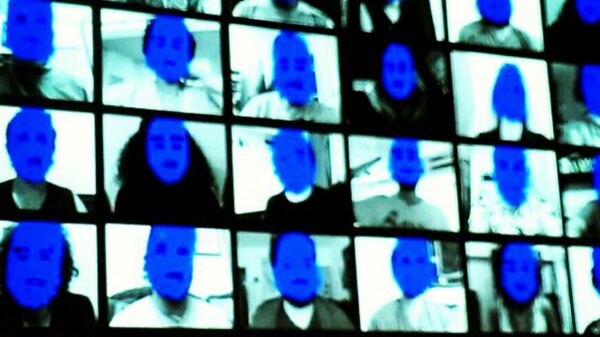"One in two American adults is in a law enforcement face recognition network," the report said.
The study, conducted by Georgetown Law's Center on Privacy and Technology (CPT), relying in part on Freedom of Information and public record requests to 106 law enforcement agencies, revealed that American police implement facial recognition technology with no laws or regulations related to its use.
Facial-recognition networks are said to include over 117 million American adults, the majority of whom are African-American, "due to [their] disproportionately high arrest rates." The report states that an FBI co-authored study suggests that facial recognition may be less accurate on African-Americans, leading to disproportionate false-positive effect. At the same time, the FBI biometric network, based on driver's license and identification photos, includes primarily people with no prior arrest record.
The authors of the study do not fault police nor do they seek to stop the practice, observing that law enforcement is "simply using every tool available to protect the people that they are sworn to serve."
The study, while acknowledging the usefulness of facial recognition software, offers that the technology must be regulated, to avoid the practice of tracking the innocent through the use of indiscriminate bulk surveillance.





